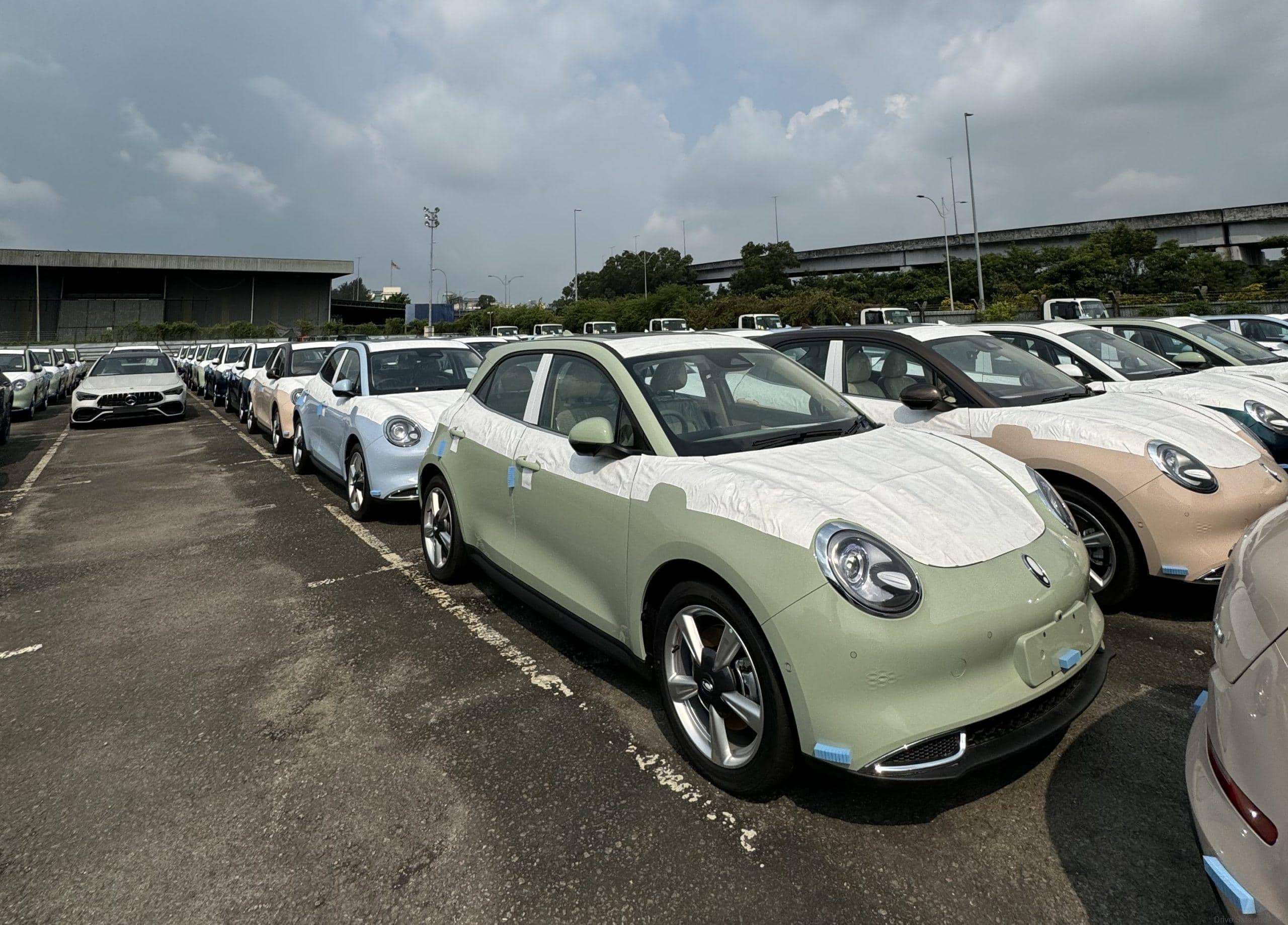Following the EU and US, it seems Canada is next in line to impose tariffs on Chinese EVs
Canada announced on Monday that it is considering imposing tariffs on Chinese electric vehicles (EVs), aiming to align with its allies in addressing what they perceive as substantial state subsidies bolstering the Chinese EV industry. Finance Minister Chrystia Freeland underscored concerns about unfair competition stemming from China’s policy of deliberate overcapacity.

Freeland emphasised the strategic intent behind China’s actions, attributing them to a deliberate effort to flood global markets with EVs, thereby forcing other manufacturers elsewhere. In response to these concerns, Ottawa plans to initiate a 30-day public consultation period starting 2 July to solicit input on potential measures to counteract this perceived distortion in the market.
Moreover, during a press briefing in Vaughan, Ontario, Freeland stated, “We’re seeing Chinese producers intentionally creating a surplus that undercuts EV producers globally, including in Canada.” Her statements mirrored earlier actions by the United States and the European Union, both of which have recently taken steps to address similar issues within their own markets.

Regarding potential responses, Freeland indicated that tariffs on imports, including possibly on EV components like batteries, are under consideration. She stressed the comprehensive approach being contemplated, emphasising that no options are being ruled out and that Canada is prepared to deploy its strongest trade tools if deemed necessary.
In response to accusations of unfair trade practices, China has also consistently defended its EV industry’s growth as a result of technological advancement and competitive market dynamics. However, critics argue that state support has created an artificial advantage, distorting global competition in favour of Chinese manufacturers.

On top of that, ahead of Canada’s announcement, an editorial in China’s state-backed Global Times urged Canada to maintain a balanced approach in its economic relations, cautioning against overly aligning with the strategic interests of the United States to the detriment of bilateral trade ties with China.
The surge in Chinese-made EVs, notably from Tesla’s Shanghai facility, underscores the rapid expansion of China’s footprint in the Canadian market.
As Canada enters a period of public consultation, stakeholders across industry and government will weigh in on the proposed measures, shaping Canada’s response to the evolving dynamics of the global EV market and its strategic positioning alongside international allies.

We got all this from Reuters and their full article is linked here. Thank you Reuters for the information and images.